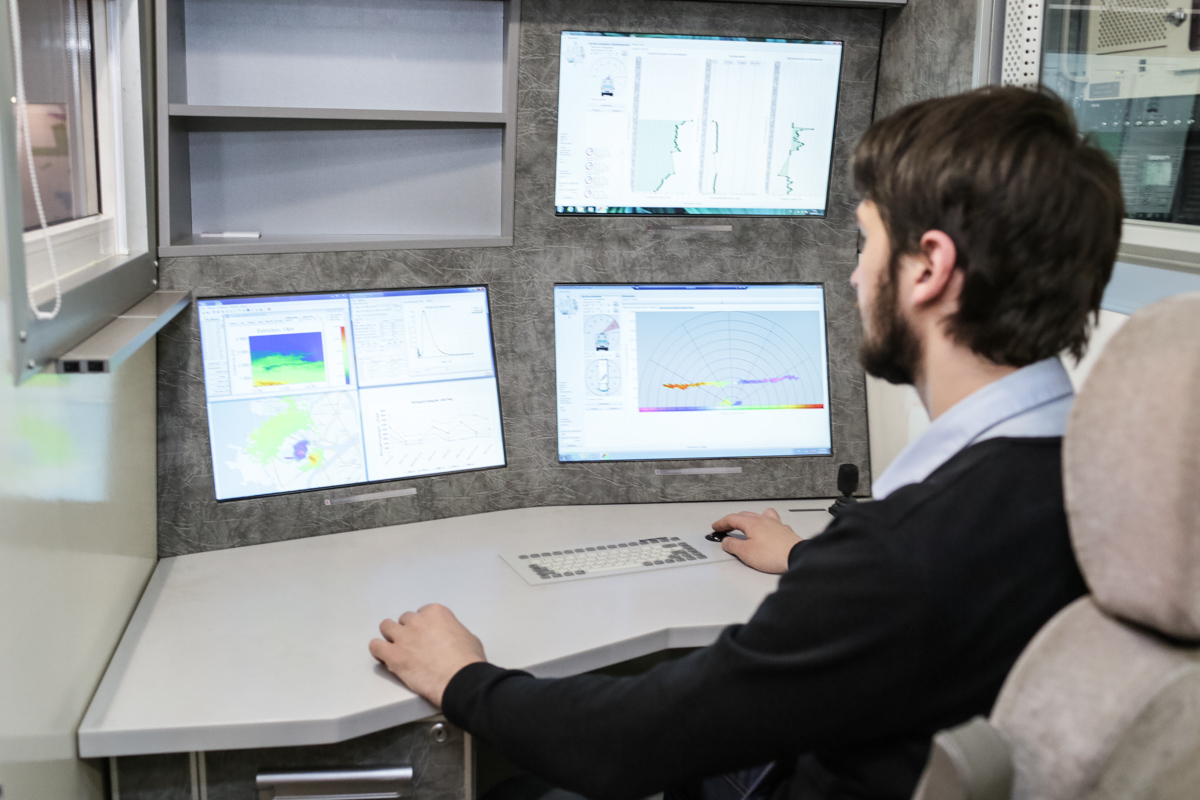Flesh flies helped SPbU’s scientists discover new antibiotic

SPbU scientists’ discovery of a new antibacterial drug for animals has won the competition of the innovation projects in “The best scientific innovation idea”. September 20, the scientists were awarded a prize at the ceremony at the 10th St Petersburg international Innovation Forum.
The search for effective antibacterial drugs is one of the overarching priority in medicine. The main difficulty is that the bacteria that cause 80% diseases form biofilms which makes it antibiotic resistant. The number of antibiotic resistant bacterial infections is constantly rising, and each year more and more people and animals are getting infected.
The small innovation company “Entomed SPbU” headed by Andrei Iakovlev, research fellow of the Department of Entomology, focused on veterinary drugs. What makes them different is that they are found in the maggots of the flesh flies.
The antibacterial substance made by the scientists is a complex of the peptides with direct antimicrobial activity produced by the immune system of the maggot when it is infected by the bacteria. The key property of the “natural” complex of peptide antibiotic is its ability to destroy biofilms, which makes it quite promising in treatment infectious diseases in domestic and farm animals.
How to make antibacterial peptides
The project is based on the studies on the insect physiology carried out during many years at the Department of Entomology at SPbU. The scientists explain why they have chosen such an appalling material for producing drugs by the fact how these flies live. When they are maggots, they eat only carrion, and later when they mutate into imagos, they transmit dangerous infections. It makes these flies highly resistant to the bacteria they live by.
“We have revealed that resistance is due to a mechanism of the humoral immunity. In response to bacterial infection the maggot start to synthesize antibacterial peptides represented by hundreds of modifications targeted at one pathogen. It leaves pathogen no chances. Antibacterial peptides effectively destroy bacterial cells and matrix of biofilm. If we understand the strategy the flies use to combat infections, we can adopt broader perspective on how to develop antibacterial drugs. Presumably, in the nearest future the antibiotics will refer to a complex, co-adaptive compounds, rather than one substance, with antibacterial activity”, — said the head of the project Andrei Iakovlev.
The discovery has already spurred interest in pharmacy. The new antibiotic will more effective and value-for-money solution, experts suggest. However, the drug is difficult to make, as it needs to perform a great number of elementary procedures. Just imagine that you have to prick each maggot with a needle dipped in the bacterial dispersion and squeeze it gently to make a drop of blood to purify. To make one doze of antibiotic you have to take about hundreds of maggots, the problem we have is enormous: necessary equipment and automation of the routine procedures.
“Entomed SPbU” has a long way to go. Nevertheless, the idea was highly lauded in the professional community and won the competition of the innovation projects in “The best scientific innovation idea” (area: “Rational natural resources management”).
It is very important for us to win the competition and to speak at the Forum. We hope to find partners here who would share our views in pharmacy and engineers who multiply the process to make the components to produce a new drug.
The head of the project Andrei Iakovlev
September 20, the scientists were awarded a stela and prizes at the meeting of the Union of manufactures and entrepreneurs of St Petersburg held as part of the X St Petersburg International Innovation Forum.
The competition of the best innovation projects in science and higher education is organized by the Committee for Science and Higher Education of St Petersburg to support scientists who implement innovation projects, to stimulate innovations to foster well-being in the city, to preserve cultural heritage, and to make contribution of the high-tech products more significant into the GDP of the region. In 2017, there were 61 applications to take part in the competition from 43 companies.

